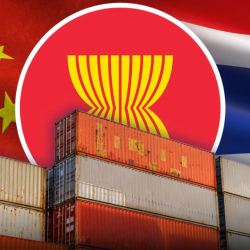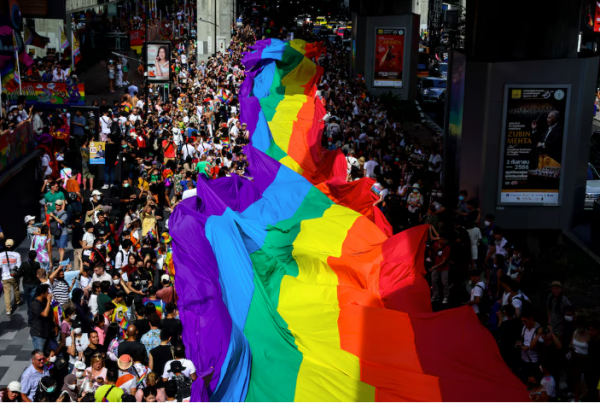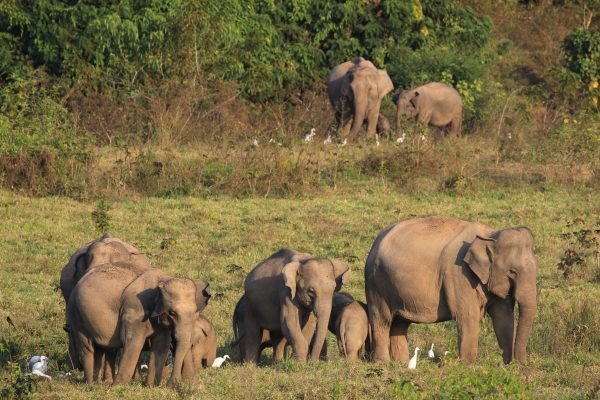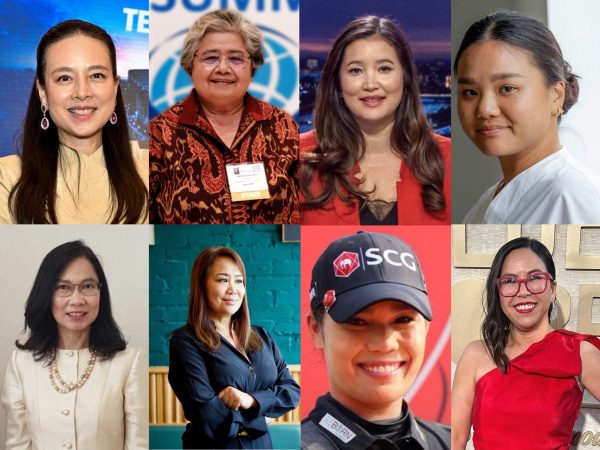The puzzling discussions about the ‘elephant pants’
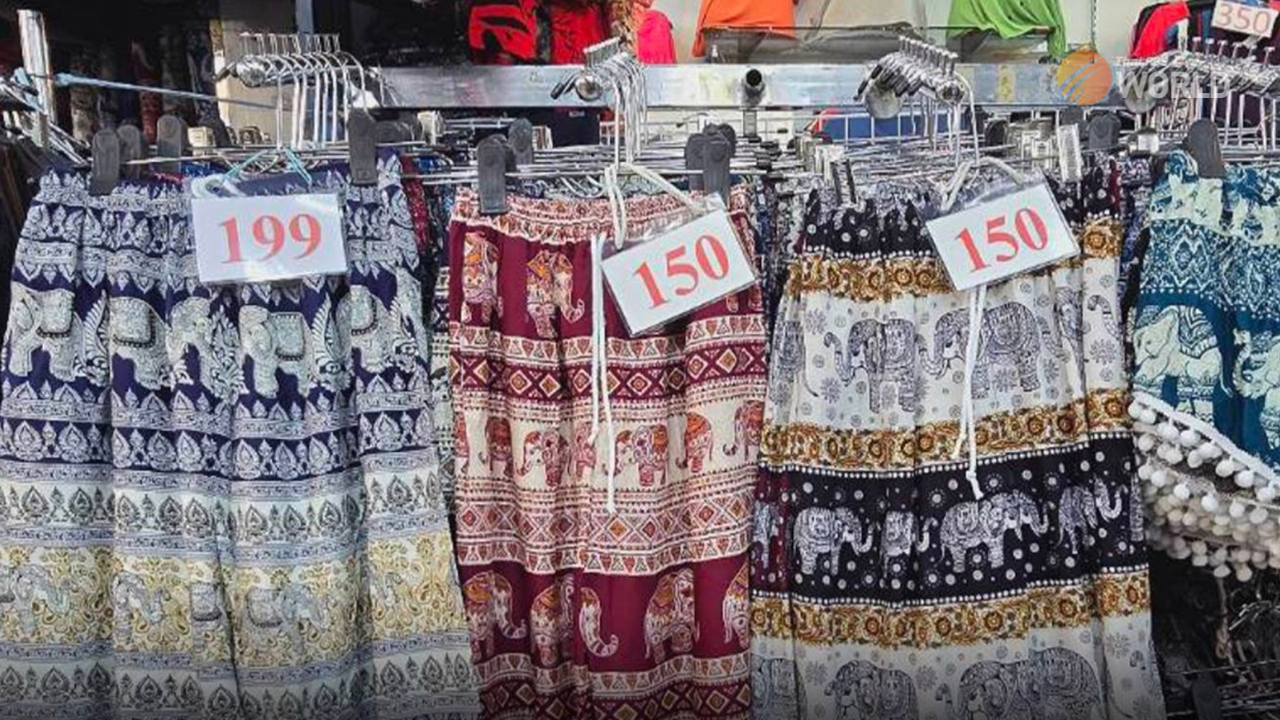
For a few days during the first week of February, news headlines in Thailand included reports about the ‘elephant pants’. Discussions ranged from trade competitiveness to copyrights to what has now become a buzzworld – “Thai soft power”. According to a London based fashion historian, pushing a fashion trend as an element of a country’s soft power raises questions about its origins.
Promoting a fashion trend as an element of soft power is short sighted
For fashion connoisseurs, ‘elephant pants’ could be seen as ‘harem pants’ making a comeback from the 1910s. The style, popularised by Paul Poiret, featured a party costume with ballooning pants fitted at the ankle. They are very similar to what we know today as part of the essential ‘tourist uniform’, worn with tank tops, t-shirts or matching loose shirts.
“It’s great that this has become a global trend, but as a national policy to promote it as an element of soft power, I think it’s very short sighted of the government. In terms of fashion, you don’t own a fashion trend”, said Lupt Utama, a London based fashion historian and Emmy Award nominated costume designer, told Thai PBS World.
The use of elephant motifs is also not new. According to Lupt, “since the 15th and 16th centuries, elephants have been motifs on textiles. Exported Indian chintz, for example. Even now, they are made into fashion items, like Loewe in 2016, who produced this really cute elephant bag, and they’re copied worldwide by Zara. Even Jim Thompson produced this really cute shopping bag, so it’s nothing new”.
In fact, elephant motifs are popular because of their origins shared by many cultures. “I think it is the cultural aspect that comes with it as well. As you know, elephants in Thai culture have lots of meaning, including longevity and wisdom. In India, and many other countries around southeast Asia, elephants also have symbolic meanings”, Lupt added.
Can Thailand get proper copyright protection?
More often than not, the souvenir retail industry across the globe has one thing in common – the ‘made in China’ label. From the Statue of Liberty foam crowns in New York to the Union Jack t-shirts in London, locals have long accepted the fact that items representing their cultural icons will be manufactured in other countries. So, what makes Thailand a unique case?
In response to reporter’s question about the cheaper Chinese-made versions of the ‘elephant pants’ currently flooding the Thai market, Prime Minister Srettha Thavisin said that “we need to look into the fundamental problems. Do we understand how to market the product and do we have proper copyright protection?”
Additionally, Minister of Commerce Phumtham Wechayachai said “the elephant pattern and the cat pattern have copyrights. The patterns may vary, but we will look at the legal protections available. Now, we are coordinating with the Customs Department. They have the authority to control any goods coming into the country.”
Kingkarn Samon, Managing Director of Chinrada Garment Company (CGC), who have been producing ‘elephant pants’ for over a decade, told Thai PBS World that she is “not sure how possible it will be to apply for intellectual property protection to all of the patterns, when there are more than 200 varieties”. While CGC has its own garment factory, it sources fabric from various suppliers.
Therefore, the application for intellectual property protection will need to be filed by the company who designs the patterns and manufactures the fabric.
From a fashion expert’s point of view, restrictive garment import policies many not be a viable answer. “Think of something simple like the qipao or the cheongsam. Can they only be made in China? I don’t think so,” said Lupt Utama.
Target customers
According to Yuthana Silpsanwit, former president of Thai Garment Manufacturers Association, about 80% of ‘elephant pants’ on the Thai market today are manufactured in China.
Despite concerns about competition from overseas, Kingkarn said her sales figures have not been affected. “I checked our orders in December and January and found a 20% increase. Our sales have not gone down because of the Chinese-made elephant pants.”
She also believes that the target customers are different, because the Thai-manufactured elephant pants feature better materials and craftsmanship.
The Cambridge Dictionary defines soft power as “the use of a country’s cultural and economic influence to persuade other countries to do something, rather than the use of military power”. Therefore, the question remains as to whether or not a fashion trend will be powerful enough to ‘persuade other countries to do something’.
by Clare Patchimanon


